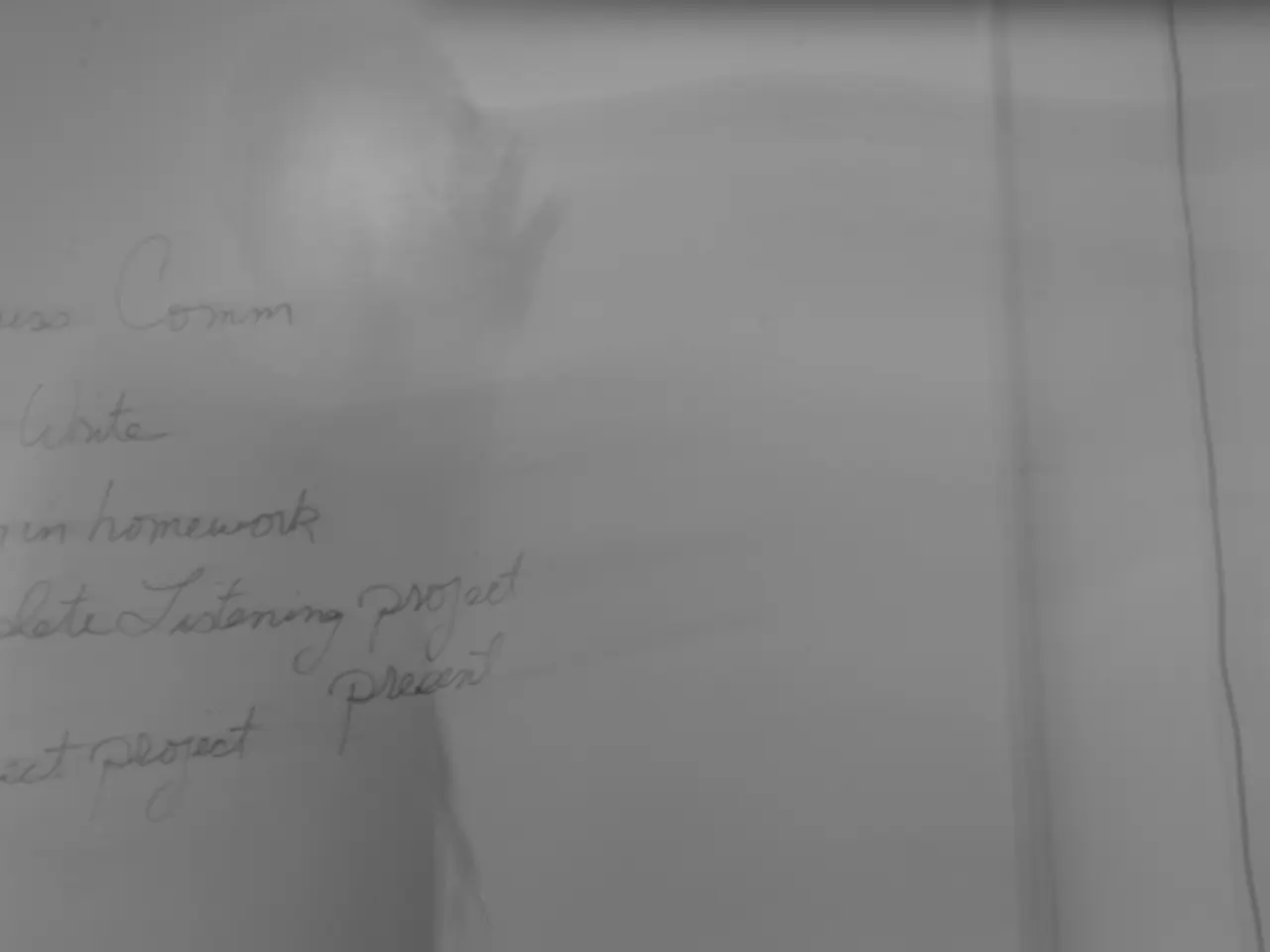Tale of the Sparzwang: The Enchanted narrative of Sparzwang
In her groundbreaking book, The Capital Order: How Economists Invented Austerity and Paved the Way to Fascism, Clara E. Mattei delves into the intricate relationship between austerity measures and the rise of right-wing and fascist forces.
Mattei's research reveals that austerity is not merely an economic policy tool aimed at "fixing the economy," but rather an ideological weapon used by economic and political elites to suppress working-class unrest and close off alternatives to capitalism.
Tracing the origins of modern austerity back to the aftermath of World War I, Mattei demonstrates how it functioned as a "powerful counteroffensive" against growing working-class agitation and anti-capitalist movements. This counteroffensive served to stabilize capitalist power during times of crisis and weaken revolutionary threats.
The implementation of austerity measures dismantled welfare state infrastructures and public provisions, increasing social alienation and dependency on market mechanisms. This, in turn, opened space for right-wing forces to push a fascist order that consolidated capitalist dominance.
The hollowing out of social protections under austerity fostered fragmentation among citizens, making collective resistance more difficult and allowing authoritarian and reactionary political forces to advance their agendas, often targeting marginalized groups and promoting divisive identities.
Mattei's historical analysis suggests that every economic crisis leads to the same supposed solution - austerity at the expense of the weaker majority. Whether it's through internal company measures, as in democratic Britain, or direct, authoritarian interventions, as in Mussolini's Italy in the 1920s, the fundamental goal remains the same: to protect capitalist power relations.
Behind the "objective" language of economics, Mattei reminds us, lie concrete ideologies. The freedom of the market, for instance, is "freedom from the demands of the working class," serving the order of capital. Unemployment was referred to as a "necessary evil" - a tool to discipline workers to accept any wage and prevent resistance effectively.
During the COVID-19 pandemic, billionaires worldwide increased their wealth by 54 percent, while millions of people struggled to survive and were called upon to save. This stark contrast underscores Mattei's argument that austerity is not inevitable during crises, but rather serves to protect capitalist power relations.
In this explosive atmosphere, austerity was not coincidental but emerged as a political counter-instrument to worker protests. The stereotype of the working class prevalent in the minds of these economists was general laziness and personal responsibility for economic misery due to unproductive work.
Mattei's work shows that the supposedly inevitable is human-made - and therefore changeable. Her book is a warning about the true nature of austerity: unemployment, poverty, low wages, and authoritarian threats to democratic structures. It serves as a call to action, urging us to question the status quo and seek alternatives to a system that prioritizes profit over people.
[1] Mattei, C. E. (2022). The Capital Order: How Economists Invented Austerity and Paved the Way to Fascism.
[2] Mattei, C. E. (2023). The True Face of Austerity: A Historical Analysis. Journal of Economic History.
Finance and politics intertwine in Mattei's exploration of austerity's role in heightening fascist elements, as she argues that austerity measures are not merely economic tools, but ideological weapons used to undermine working-class movements (The Capital Order, 2022). General-news outlets should take note of her ongoing research, such as her 2023 piece in the Journal of Economic History, revealing how austerity rhetoric can create a conducive environment for authoritarian political forces.




